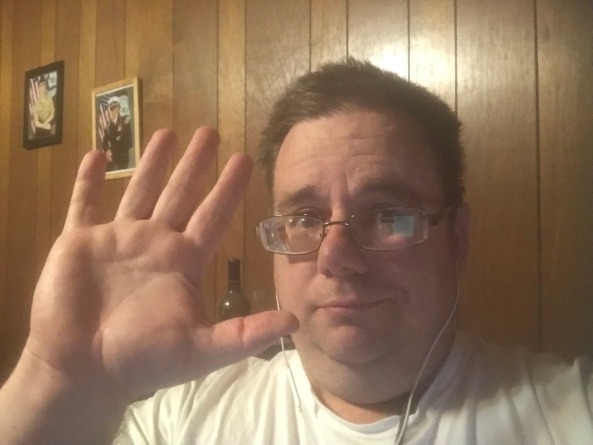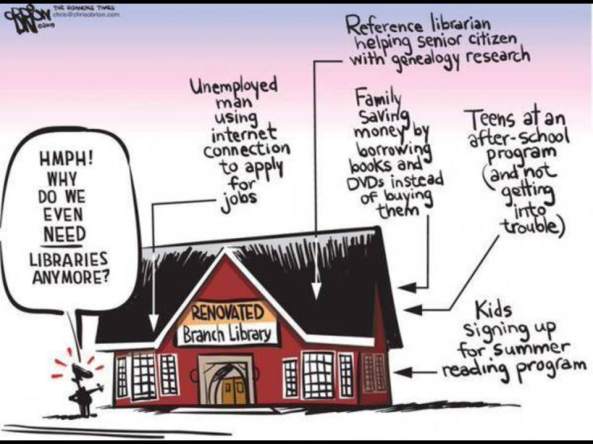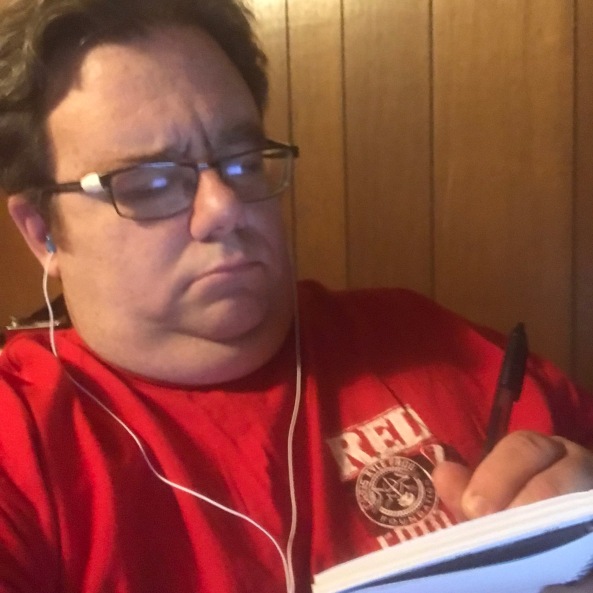Three men, then two, in a barn
By Richard Zowie
My car, a silver 2010 Ford Focus, had broken down. All the panel lights lit up, one by one, as the brakes quit working, the steering wheel froze up, and the car came to a slow stop. I knew it was the alternator, but a mechanic would have to fix it. That area of rural Michigan had no cell phone coverage, so I walked toward the barn up the road in hopes of finding a signal. I was outside Vassar, Michigan, and I knew the town well enough to know it had on its north side a business called Halfway Truck Stop. Besides a diner where you’d imagine seeing heavy-equipment drivers, farmers, and retirees talking about local rumors and the latest agricultural news. Halfway also had an automotive garage, one with an excellent reputation: reasonable prices and repair work that was successful.
From the distance, the barn looked like an inert, giant uninhabited structure, like it could house a busy shopping mall. But as I got closer, I could see it was small. Perhaps only about 5,000 square feet. At one time, perhaps it stored several types of animals. Maybe it kept harvested hay out of the weather. Maybe somewhere it also housed a vegetable bin.
Once I entered, I noticed two men. I was startled, hoping I’d be alone. Seeing their faces was difficult, given the only light at 2 a.m. was a full moon.
I saw the two men’s faces as I entered, the light illuminating them. One had bright blue eyes, a scar that split his right eyebrow into two horizontal halves. The other looked dark with black hair and dark eyes. He looked bored, the way some do when compassion, fear, remorse, or pity mean nothing to them. If he were an actor, he could be cast as Hispanic, Arabic, Armenian, Jewish, or Greek.
Yes, I knew who they were. My heart started pumping faster, as though I was about to start running a dozen blocks to hail some taxi and escape a dangerous neighborhood. I gave them quick, polite glances, the way a person does when they meet a complete stranger for the first time.
I closed the door, most of the light disappearing.
“Gentlemen,” I said, praying they didn’t get a good look at my face and see that brief shimmer of recognition. “I see you two are also trying to avoid getting further wet.”
One of them chuckled, as if he sincerely found my comment to be funny.
The barn, perhaps last used during the Great Depression, smelled earthy from rotted wood and the stench of living and dead insects. As I breathed in, my nostrils flaring, I could smell, ancient, fermented animal manure that had never been shoveled out to be reused as agricultural manure. It rained and thundered outside, and the many leaks in the ceiling meant this would barely do for shelter. Such barns in this area of Michigan, during an economic downturn, were not unusual.
“What will you do once the storm ends?” One of them asked. The accent was almost impossible to nail down, as if he’d lived in countless places. A transient, perhaps.
“Probably walk into Vassar, get a signal and have a tow truck in town come out and pick up my car,” I said, feeling relaxed. I was establishing that being on my way was my priority. Total lack of curiosity on my part on who they were.
No answer.
Fifteen minutes later, as I thought about how much I needed to get back home to Clio. I’d worked for 30 years for GM, and they’d just made me a retirement offer. I was considering it, thinking I could spend springs and summers in Michigan, making “up north” jaunts to Bay Mills Resort and Casino, and buying a winter home in either Florida, Texas, perhaps Arizo—
Something sharp, tearing, almost burning hot, entered my torso, on my right side across from my stomach. It withdrew, and I could feel hot, sticky fluid—almost certainly my blood—seep out.
I coughed, tasting blood as I fell onto the dirt floor. A few strands of hay poked my face as I my cheekbone rested against the earth. Breathing became more difficult as I spewed out more blood. A stream of water leaking through the roof trickled onto my left hand. My mind, now functioning the way a drunk’s must, told my hands to rub together to clean off the blood.
“You tried not to, but I could tell from your glance you recognized us,” another voice said. Blue Eyes perhaps? “Nothing personal, but we can’t take a chance of you calling the cops once you leave.”
Yes, I thought, struggling to move but realizing it was useless. The two men had escaped from prison. Both were serving life without parole sentences in murder; the Great Lakes State does not have capital punishment. Both had broken out, probably headed to some remote place in Canada.
The two men left the barn to try to begin their new lives. My new life of retirement was fading away. As I faded, I imagined my skeletal remains being discovered years later, when the barn finally was torn down.
Post comments here or email them to: richardzowie@gmail.com


